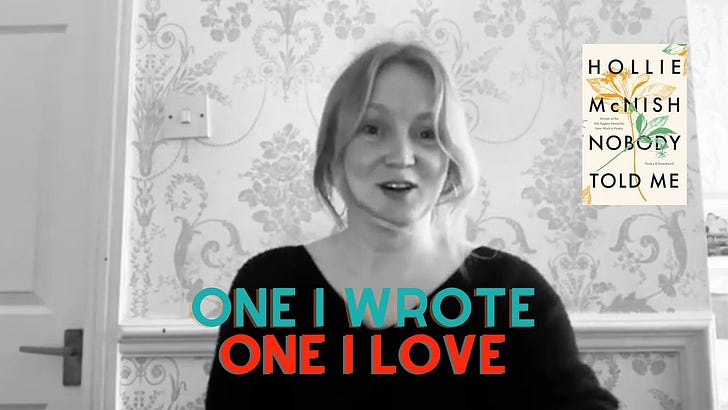Li Bai swears off the thug life
He wants to be a better man, if only the emperor would recognise him
A Hard Road to Walk (2) Li Bai The Way to greatness lies As wide as azure skies And yet I cannot rise. Red cocks, white dogs, the fighting pit— As pals to princelings in Chang’an, We throw down plum-shaped chips to bet. I am embarrassed to be that man. It’s not enough to just amuse As entourage my entire life. Make this a Qin-style soldier blues! Like Feng, I’ll strum the blade of a knife. You mock? They mocked the great Han Xin Around the well in his hometown; The jealousy of Han brahmins Soon brought the honest Jia Yi down. Have we forgotten? Guo Wei was given true respect By rulers from the House of Yan: Like Emperor Zhao, who humbly swept The streets beside his countrymen. So wise Ju Xin and sharp Yue Yi We’re happy to accept court roles. Without suspicion or intrigue, They gave their hearts and spleen and souls. The weeds and grass have overgrown The ancient dust of Zhao’s white bones. But who will sweep the golden stage For men of honour in this age? It’s a hard road to walk! So leave. Retire. Disengage. 李白 行路难·其二 大道如青天,我独不得出。 羞逐长安社中儿,赤鸡白狗赌梨栗。 弹剑作歌奏苦声,曳裾王门不称情。 淮阴市井笑韩信,汉朝公卿忌贾生。 君不见昔时燕家重郭隗,拥篲折节无嫌猜。 剧辛乐毅感恩分,输肝剖胆效英才。 昭王白骨萦蔓草,谁人更扫黄金台? 行路难,归去来!
Notes:
A Hard Road to Walk: Poems with this title are complaints about how difficult it is to get ahead in one’s career in the imperial service.
Chips: The chips used for betting were shaped like chestnuts or plums.
Qin-style: The soldiers of Qin were supposed to be the toughest, and the blues sung in Qin were the saddest.
Feng: Feng Xuan was a retainer in the employ of Meng Chang (mentioned in a previous poem), who used to strum the blade of his sword as he sung about his frustration with the status quo.
Han Xin: One of the heroes of the early Han Dynasty.
Jia Yi: A writer in the Han, who made his name critiquing the previous Qin Dynasty.
Yan, Guo Wei: Yan was one of the Warring States in the period before the unification. Guo Wei was an important figure in Yan during the late 4th century BCE.
Swept the streets: This was not an everyday occurrence, but Emperor Zhao of Yan was said to have swept the streets in order to welcome Zou Yan, one of the leading philosophers of the day.
Ju Xin, Yue Yi: Generals who served Yan in the first half of the third century BCE.
A poem like this can be a bit overwhelming. It’s a flood of unfamiliar names, and feels more like a history lesson than something to enjoy. I think the way to get into it is this:
Frst, trust your humble translator. I’ve looked up these names so you don’t have to, and I’ve tried to put enough information into the poem that you can read it without even looking at the notes.
Second, remember the names themselves are not that important. Each name represents a specific quality that Li Bai is trying to express. Li Bai’s contemporaries who heard this poem would not be great experts on each of these historical figures. Instead, they have one famous story about each one (or a very small number of stories), and they then use the names as a shorthand for that story. It’s the same idea as using Henry VIII to represent mutliple marriages. We may not know much about Henry, or if his six marriages were a good thing or not, but we all know that he married and divorced many times. Li is piecing together examples that his audience could pick up and understand as a whole.
Crucially, even though the references are mainly to historical figures, I don’t think that the Tang poets felt like they were referencing history. These names were simply their shared culture, and the best way they knew to explain their point. So when Li gives examples of how life is tough for some great men (Han Xin, Jia Yi), he is not talking about the early Han; he is saying that they are representative of how things are often hard for great men. When he discusses Guo Wei and Yan, even though the example is more explicitly historical, Li still means it to be a comment on the present: a good ruler can make it possible for good men to rise and be recognised. At the end, his final bitter comment is that with Zhao gone, there is no hope, and we should all give up.
But his contemporary listeners, who were all dealing with similar pressures, would understand that the call at the end to give up is not serious. It has a literary origin, and many poets have repeated it, but in reality they were still eager to serve their country.
As an example, here is one of my favourite contemporary poets reading a poem about the current intifada. If you get the references in this piece, you’re experiencing poems in the same way as Li Bai’s readers got his poems, I believe.



I spent years as an avowed non-fan of Li Bai and his hey-guys-you-won't-believe-how-messed-up-I-got routine, and it's only recently, and thanks to poems like this one, that I realized he's a lot more interesting than his persona. (This is what I get for avoiding him for so long.) Even something like 將進酒 becomes richer and more endearing if you look at it as him playing a part he'd grown tired of.
Did local elites not support poets or scholars?